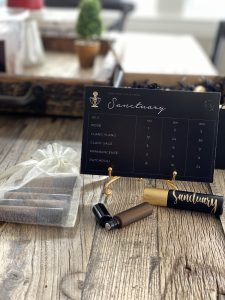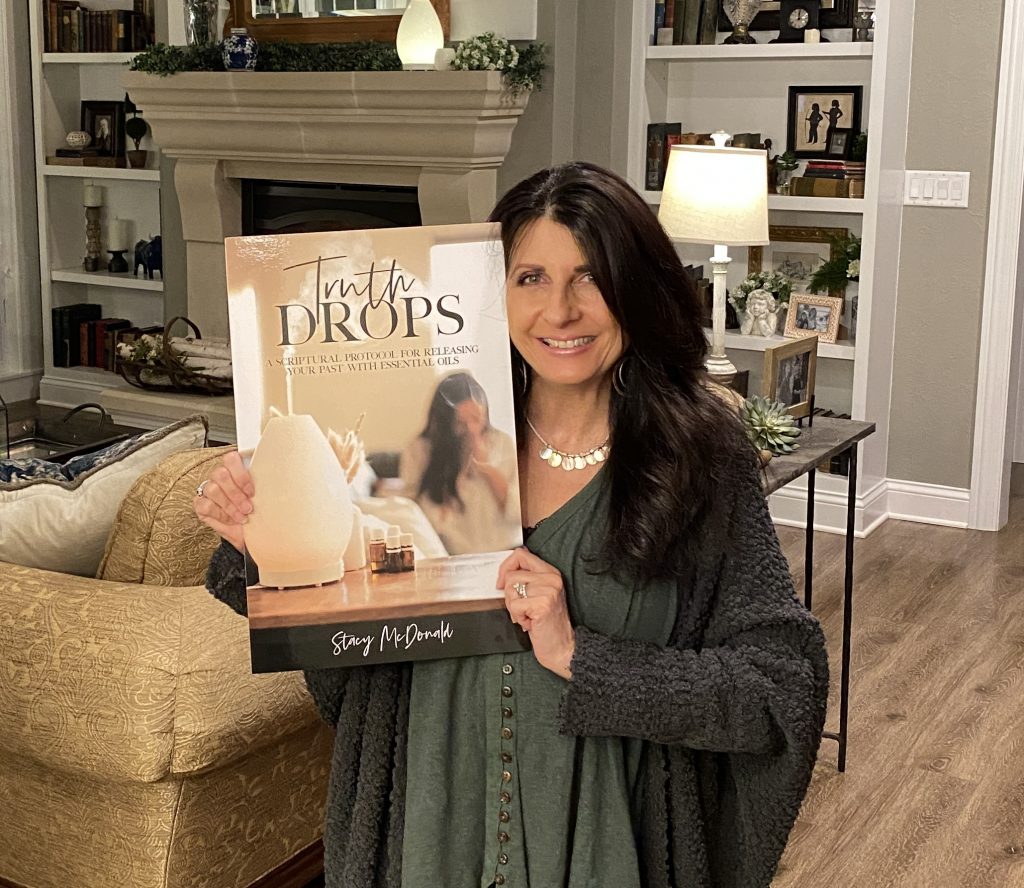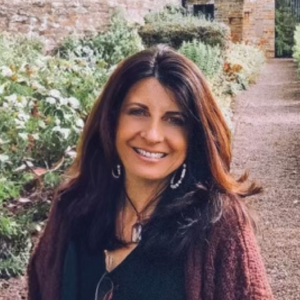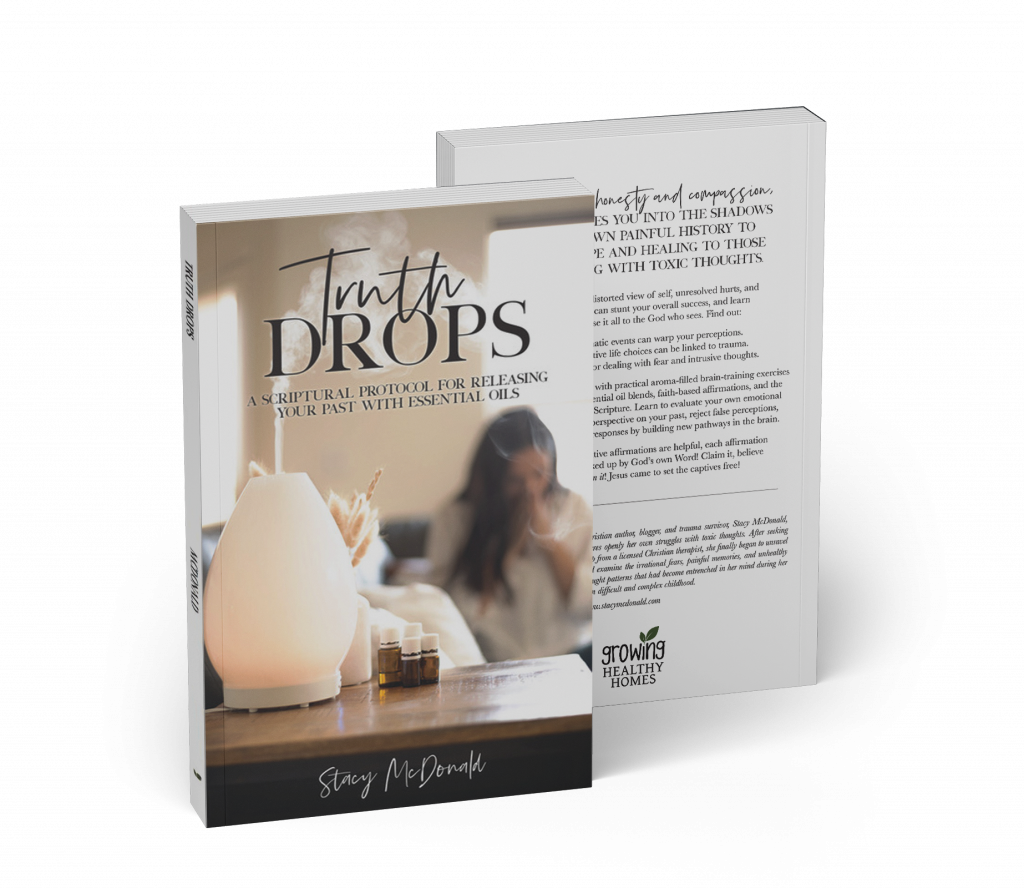 God spoke herbs and essential oils into existence at Creation when He formed the plants, trees, flowers, and shrubs – botanicals He designed (Genesis 1:29) for a purpose. They are useful and experiential gifts graciously given for our service (Psalm 104:14; Ezekiel 47:12).
God spoke herbs and essential oils into existence at Creation when He formed the plants, trees, flowers, and shrubs – botanicals He designed (Genesis 1:29) for a purpose. They are useful and experiential gifts graciously given for our service (Psalm 104:14; Ezekiel 47:12).
Can you even imagine what the Garden of Eden must have smelled like with all those volatile oil molecules floating in the air? But while plants, trees, and oils are obviously enjoyable, they are also good and important gifts given to man for a purpose. If you don’t believe me, open your Bible.
You alone are the Lord; You have made heaven, the heaven of heavens, with all their host, the earth and everything on it, the seas and all that is in them, and You preserve them all… (Nehemiah 9:6)
Every good and perfect gift is from above, coming down from the Father of the heavenly lights, who does not change like shifting shadows. James 1:17
Many Christians have inadvertently minimized or relinquished their rights to God’s good gift of natural health, a gift that supports the body’s efforts to do what He designed it to do, and that is to heal. In fact, God also gave us our immune system as a gracious tool, and the plants He gave us at Creation are designed to complement and nurture that function.
In fact, all the vitamins and minerals, enzymes, amino acids, proteins, essential oils, and millions of other intricate constituents infused into 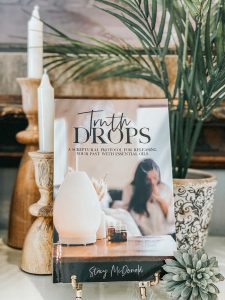 the plants and trees are not there by accident! They were weaved into Creation by a loving Father for the purpose of serving His children.
the plants and trees are not there by accident! They were weaved into Creation by a loving Father for the purpose of serving His children.
“Their fruit will be for food, and their leaves for healing.” Ezekiel 47:12
Remember, all of these things work together to provide nourishment to our bodies, which keep all of our body systems, including our immune system, running like a well-oiled machine. He had our complete well being in mind.
I find it ironic that so many false religions embrace the gift, but reject the Gift-Giver, idolizing nature instead of giving credit to or worshipping the one true God.
Tragically, we Christians are often no better when we devalue God’s very intentional gifts by placing them below our own intellectual wisdom “man’s wisdom” in worth and authority. Both are wrong.
Don’t believe me? Examine who most people automatically turn to first when they have a health need.
“Cursed is the man who trusts in man and makes flesh his strength, whose heart departs from the Lord.” (Jeremiah 17:5)
Arrogant. Futile. Anemic. The gift of natural foods and remedies was given to us by God for an ultimate purpose, therefore they’re good and useful, and will serve us well when used properly and with thanksgiving.
I’m so tired of hearing people treat the essential oils God created as if they are simply glorified perfumes. If we don’t reclaim the territory of natural health for Jesus—if we continue to willingly choose empty, toxic foods and blindly trust in large, powerful medical corporations to be our “miracle makers,” we will become more and more dependent, weaker and sicker, and find ourselves unable to effectively fulfill our calling.
“Go and cry out to the gods which you have chosen; let them deliver you in your time of distress.” (Judges 10:14)
“Asa became diseased in his feet, and his malady was severe; yet in his disease he did not seek the Lord, but the physicians. So Asa rested with his fathers; he died in the forty-first year of his reign.” (2 Chronicles 16:12–13)
When we must seek help from doctors (and there are times when this too is a huge gift of God), we also can’t forget that all healing ultimately comes from the Great Physician, so we should always cry out to Him first.
In 2011, when my daughter fell headfirst out of a tree onto a boulder, we rushed her to the emergency room, but on the way, we prayed and cried out to the Lord for mercy and wisdom! In fact, the first words out of my mouth were cries to my God!
This is one reason that, when we anoint ourselves with essential oils, we pray and ask God to answer our supplications (James 5:14). Faith, obedience, and prayer are crucial – even when using essential oils.
Whether God wants us dip ourselves in the Jordan seven times (2 Kings 5:10; John 9:6,7) or anoint ourselves with oils while we pray, why not?
And in this case, anointing the sick and downcast with oil is found throughout Scripture. Unfortunately, I think it’s the tendency of our wandering hearts to put our hope and trust in anything but God – at times, even trusting in Creation itself.
So it came to pass, through her casual harlotry, that she defiled the land and committed adultery with stones and trees. (Jeremiah 3:9)
What does that sort of idolatry look like today? We often trust in the Internet, in doctors, in politicians/influencers, in pharmaceutical companies, in immunizations, and even in in the things He created in nature—gifts intended for our good, but used in a sinful way.
It’s important to remember that any good thing can become an idol if we’re not careful! James wrote in his epistle that if someone has a need, we should call the elders of the church to anoint them with oil and pray! Scripture is clear that God hears and answers simple prayers of faith!
“Is anyone among you sick? Let him call for the elders of the church, and let them pray over him, anointing him with oil in the name of the Lord. And the prayer of faith will save the sick, and the Lord will raise him up…” James 5:14-15
God is the ultimate Provider. In Genesis 22:14, He is called Jehovah Jireh, which is Hebrew for “the Lord will provide.”
He is also called Jehovah Rapha, which means “God is our healer.” When we sing the doxology, we “praise God from whom all blessings flow.” In James 1:17 we’re reminded that “Every good gift and every perfect gift is from above, and comes down from the Father of lights.”
Praise God for what He has given us; live like you believe in God’s gracious care; study and learn how to make His gifts useful for yourself and your family (physically, emotionally, and spiritually). And glorify Him by using all of His gifts with a thankful heart to strengthen and edify His people, and to further the Gospel.
Adapted from 2013 article, “New Age or Old Age?” by Stacy McDonal
 When we must seek help from doctors (and there are times when this too is a huge gift of God), we also can’t forget that all healing ultimately comes from the Great Physician, so we should always cry out to Him first.
When we must seek help from doctors (and there are times when this too is a huge gift of God), we also can’t forget that all healing ultimately comes from the Great Physician, so we should always cry out to Him first.